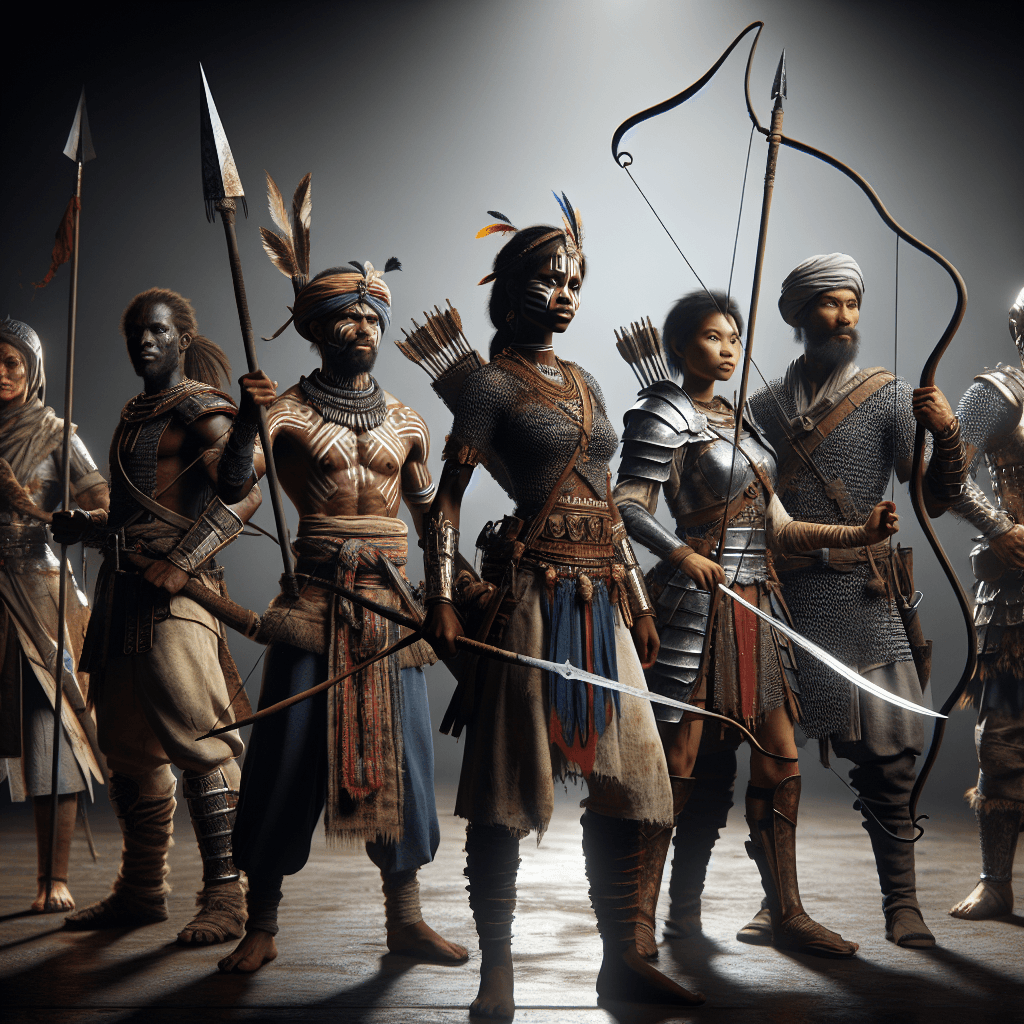The Code of the Warrior: Strength, Honor, and Resilience
Exploring the Traits That Define Warriors Throughout History

The Code of the Warrior: Strength, Honor, and Resilience
Throughout history, the concept of a warrior has taken on many forms, embodying qualities such as strength, honor, and resilience. From the knights of medieval Europe to the samurais of Japan and the indigenous fighters around the world, these warriors have played pivotal roles in shaping cultures and societies.
The Historical Significance of Warriors
Warriors were not simply fighters; they were defenders of their people and their beliefs. In ancient times, warriors were often revered, earning respect and admiration for their bravery on the battlefield. Their courage inspired tales and legends that continue to resonate even today.
Traits of a True Warrior
When we think of warriors, certain traits come to mind: physical strength, strategic thinking, and an unwavering sense of loyalty. But beyond these, true warriors possess emotional resilience—the ability to endure hardships and rise after every fall. They also uphold a code of honor, ensuring that their actions reflect the values and beliefs they stand for.
Modern Expressions of Warrior Spirit
In contemporary society, the warrior spirit can be seen in various fields, from athletes pushing the limits of human potential to activists fighting for justice and equality. The essence of a warrior transcends the battlefield, manifesting in the determination and grit of individuals striving to make a difference in the world.
Conclusion
As we reflect on the legacy of warriors through the ages, we recognize that their principles remain relevant. Whether in battle or in everyday life, the attributes of strength, honor, and resilience continue to inspire us to confront our own challenges with the heart of a warrior.